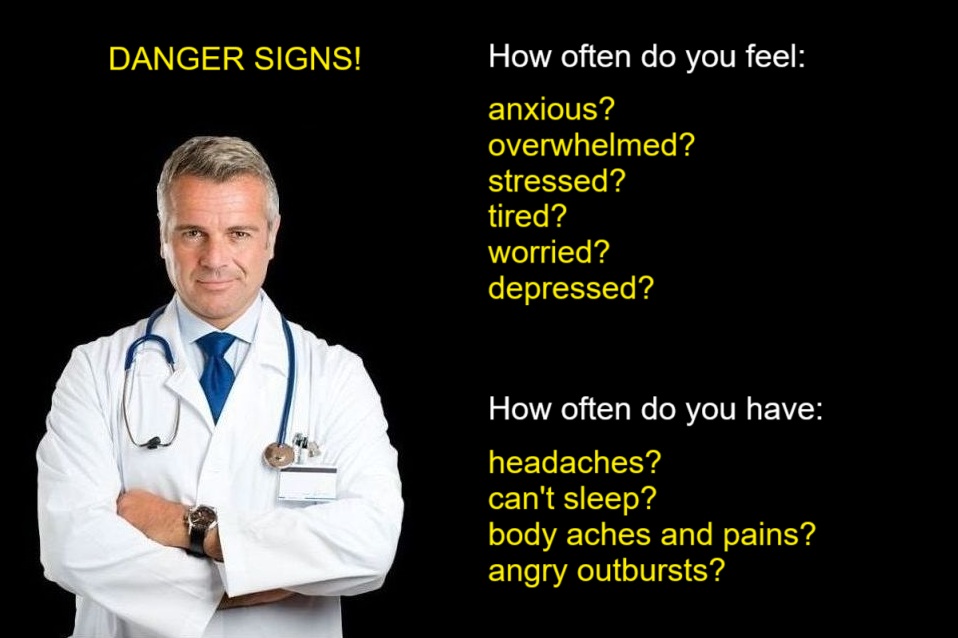The visible rise in homelessness across many cities and towns is more than just a housing crisis; it’s a profound humanitarian crisis with devastating consequences for mental health. While statistics on the number of unhoused individuals paint a stark picture, they often fail to capture the daily psychological burdens endured by those living without stable shelter. For individuals forced to live in their cars or tents, survival is a 24/7 occupation, and the relentless stress takes a crushing toll on their mental well-being. This article delves into the specific psychological challenges faced by individuals experiencing this form of homelessness, shedding light on the urgent need for comprehensive support systems that address both their immediate needs and long-term mental health.
The Constant State of Alert: Hypervigilance and the Loss of Safety
One of the most pervasive psychological effects of living in a car or tent is the constant state of hypervigilance. Without the security of a home, individuals are perpetually on guard, scanning their surroundings for potential threats. This heightened state of alert stems from a very real need for self-preservation. The unhoused are often vulnerable to theft, violence, and harassment.
This constant vigilance leads to several detrimental psychological consequences:
- Chronic Stress: The body’s stress response is continuously activated, leading to the release of cortisol and other stress hormones. Prolonged exposure to these hormones can damage various organ systems, weaken the immune system, and increase the risk of chronic diseases.
- Sleep Deprivation: Feeling unsafe makes restful sleep nearly impossible. Every noise, every passing car, every shadow can trigger a surge of anxiety, disrupting sleep patterns and leading to chronic sleep deprivation. This lack of sleep further exacerbates mental health issues like depression, anxiety, and impaired cognitive function.
- Emotional Exhaustion: The constant need to be on guard drains emotional reserves. Individuals become easily overwhelmed, irritable, and emotionally numb as they struggle to cope with the unrelenting stress.
- Increased Anxiety and Panic: The fear of the unknown and the potential for danger can trigger anxiety disorders and panic attacks. The feeling of being constantly unsafe creates a fertile ground for these conditions to flourish.
The Erosion of Dignity: Shame, Stigma, and Social Isolation
Homelessness is often accompanied by a profound sense of shame and stigma. Society often views the unhoused with judgment and disdain, leading to feelings of worthlessness and social isolation.
- Internalized Stigma: Individuals experiencing homelessness often internalize these negative stereotypes, leading to a diminished sense of self-worth. This internalized stigma can prevent them from seeking help or engaging with support services.
- Social Isolation: The shame associated with homelessness can lead to self-imposed isolation. Individuals may avoid social interactions out of fear of judgment or rejection, further exacerbating feelings of loneliness and despair.
- Loss of Identity: Homelessness can strip individuals of their sense of identity. Without a stable home, job, or social network, they may struggle to define themselves and find meaning in their lives.
- Difficulty Accessing Services: The stigma associated with homelessness can also create barriers to accessing essential services. Landlords may refuse to rent to them, employers may be hesitant to hire them, and even healthcare providers may treat them differently.
The Weight of Uncertainty: Anxiety, Depression, and Hopelessness
The lack of stability and predictability inherent in homelessness creates a breeding ground for anxiety, depression, and hopelessness. The constant uncertainty about where to sleep, where to find food, and how to stay safe weighs heavily on the mind.
- Anxiety Disorders: The daily struggle for survival and the fear of the unknown can trigger and exacerbate anxiety disorders. Generalized anxiety disorder, social anxiety disorder, and post-traumatic stress disorder (PTSD) are all common among the unhoused.
- Depression: The chronic stress, social isolation, and loss of hope can lead to depression. Individuals may experience feelings of sadness, hopelessness, and worthlessness, as well as physical symptoms like fatigue, changes in appetite, and sleep disturbances.
- Substance Abuse: Many individuals turn to drugs and alcohol as a way to cope with the pain and trauma of homelessness. While substance abuse may provide temporary relief, it ultimately exacerbates their mental health problems and makes it even more difficult to escape the cycle of homelessness.
- Suicidal Ideation: The combination of chronic stress, mental illness, and lack of support can lead to suicidal thoughts and behaviors. The unhoused are at a significantly higher risk of suicide than the general population.
The Trauma of Displacement: Reliving the Past, Fearing the Future
For many, homelessness is not just a state of being but a traumatic experience in itself. The loss of a home, the constant threat of violence, and the daily struggle for survival can leave deep psychological scars.
- Post-Traumatic Stress Disorder (PTSD): The trauma of homelessness can trigger PTSD, characterized by flashbacks, nightmares, and intrusive thoughts. Individuals may also experience hyperarousal, emotional numbing, and avoidance behaviors.
- Re-traumatization: Living on the streets can be particularly triggering for individuals who have experienced past trauma, such as childhood abuse, domestic violence, or military combat. The constant exposure to violence, instability, and uncertainty can reawaken old wounds and exacerbate existing mental health problems.
- Difficulty Forming Relationships: Trauma can make it difficult to trust others and form healthy relationships. Individuals may isolate themselves from others or engage in unhealthy relationship patterns.
- Impaired Cognitive Function: Trauma can also affect cognitive function, making it difficult to concentrate, remember things, and make decisions. This can make it even more challenging to navigate the complexities of daily life and escape the cycle of homelessness.
The Need for Comprehensive Mental Health Support
Addressing the mental health challenges faced by the unhoused requires a comprehensive and compassionate approach. It is essential to provide access to:
- Trauma-Informed Care: Mental health services should be trauma-informed, recognizing the impact of trauma on the individual’s mental and emotional well-being. Therapists should be trained in trauma-specific interventions, such as Eye Movement Desensitization and Reprocessing (EMDR) and Trauma-Focused Cognitive Behavioral Therapy (TF-CBT).
- Accessible Mental Health Services: Mental health services should be easily accessible to the unhoused, regardless of their ability to pay. This may involve providing mobile mental health clinics, outreach services, and low-cost or free counseling.
- Integrated Care: Mental health services should be integrated with other support services, such as housing assistance, job training, and substance abuse treatment. This holistic approach can address the individual’s multiple needs and increase their chances of recovery.
- Safe and Stable Housing: Providing safe and stable housing is essential for addressing the mental health needs of the unhoused. Housing provides a foundation for recovery and allows individuals to focus on their mental and emotional well-being.
- Community Support: Building supportive communities can help reduce social isolation and promote healing. This may involve creating peer support groups, community gardens, and other activities that foster connection and belonging.
In conclusion, the crushing psychological weight of living in a car or tent is a stark reality for countless individuals experiencing homelessness. The constant state of alert, the erosion of dignity, the weight of uncertainty, and the trauma of displacement all contribute to a complex web of mental health challenges. By recognizing these challenges and providing comprehensive mental health support, we can help the unhoused heal, recover, and rebuild their lives. Addressing homelessness is not just about providing shelter; it’s about restoring hope, dignity, and mental well-being to those who have been marginalized and forgotten.










